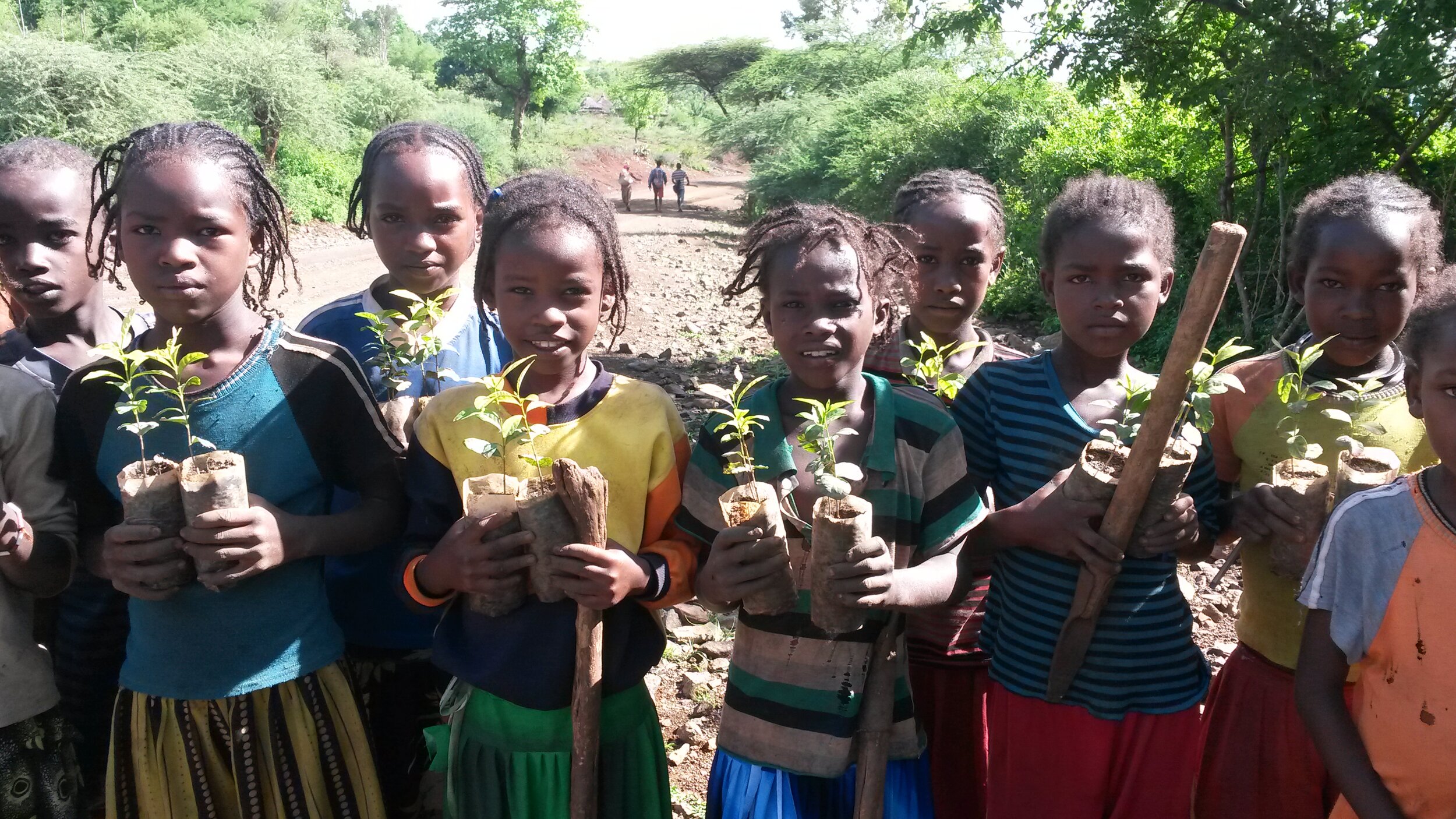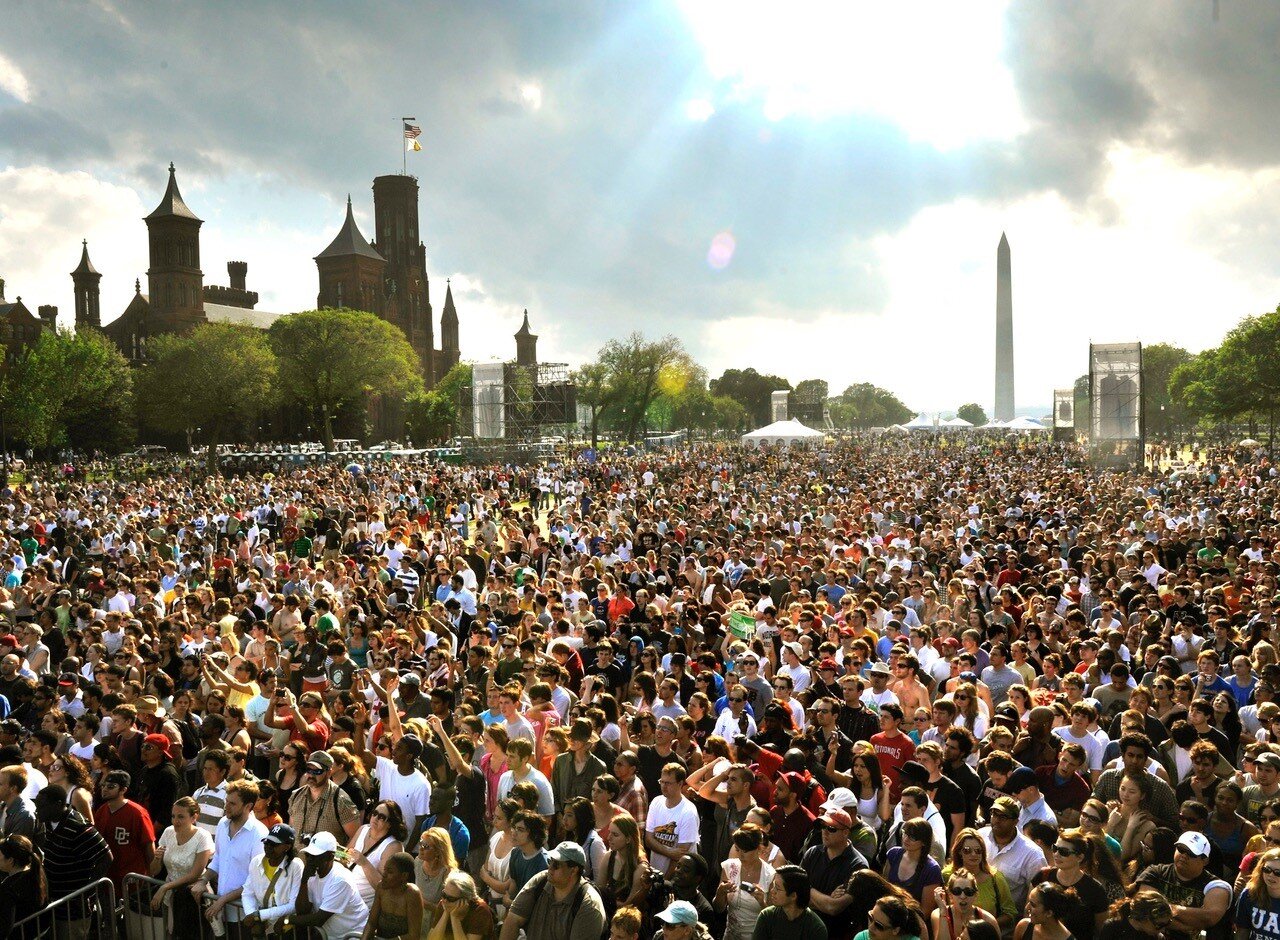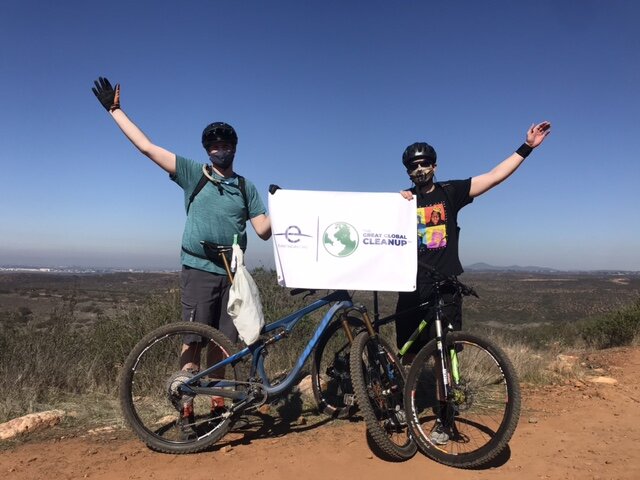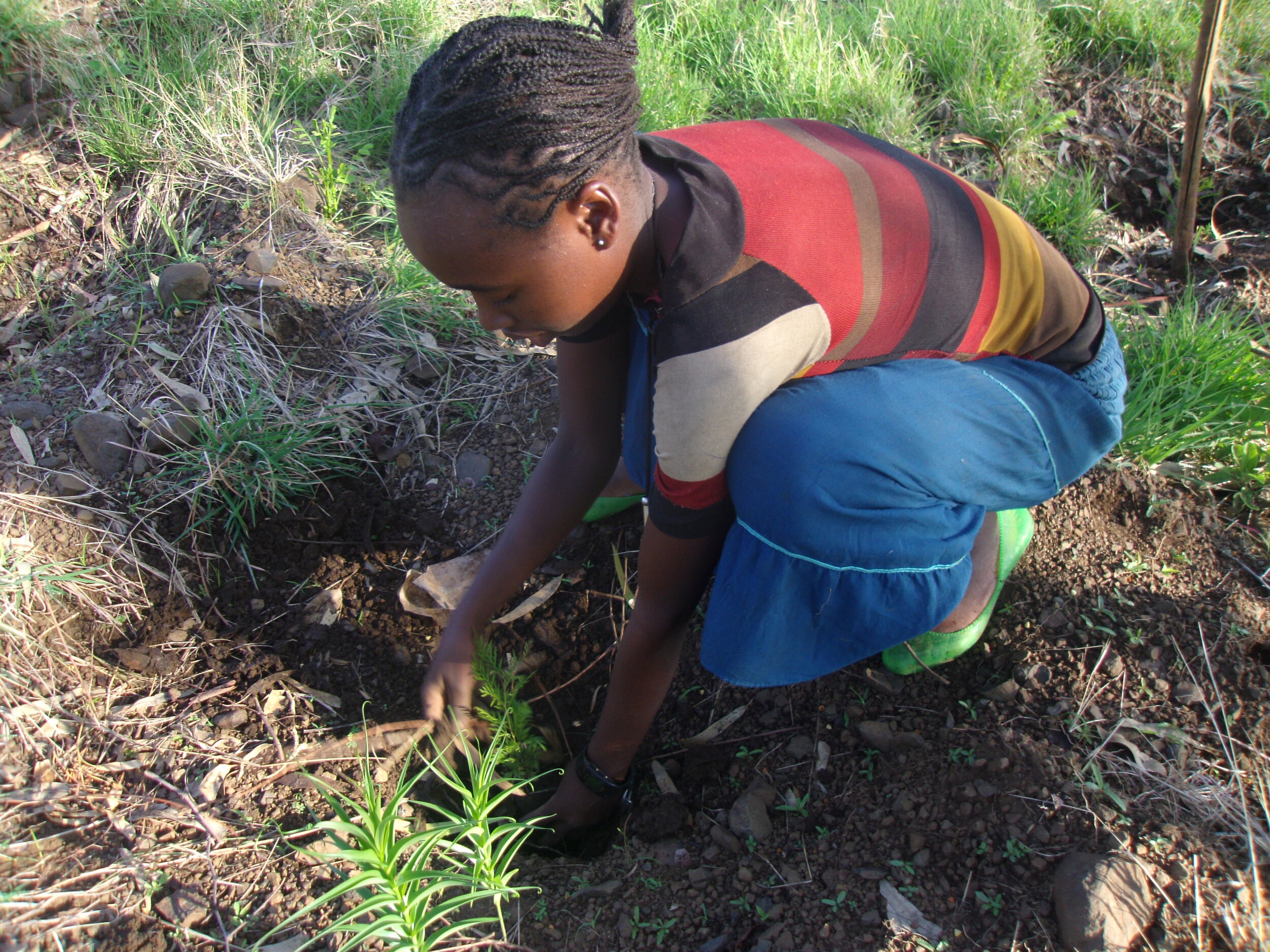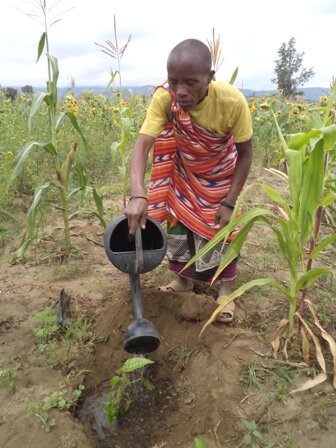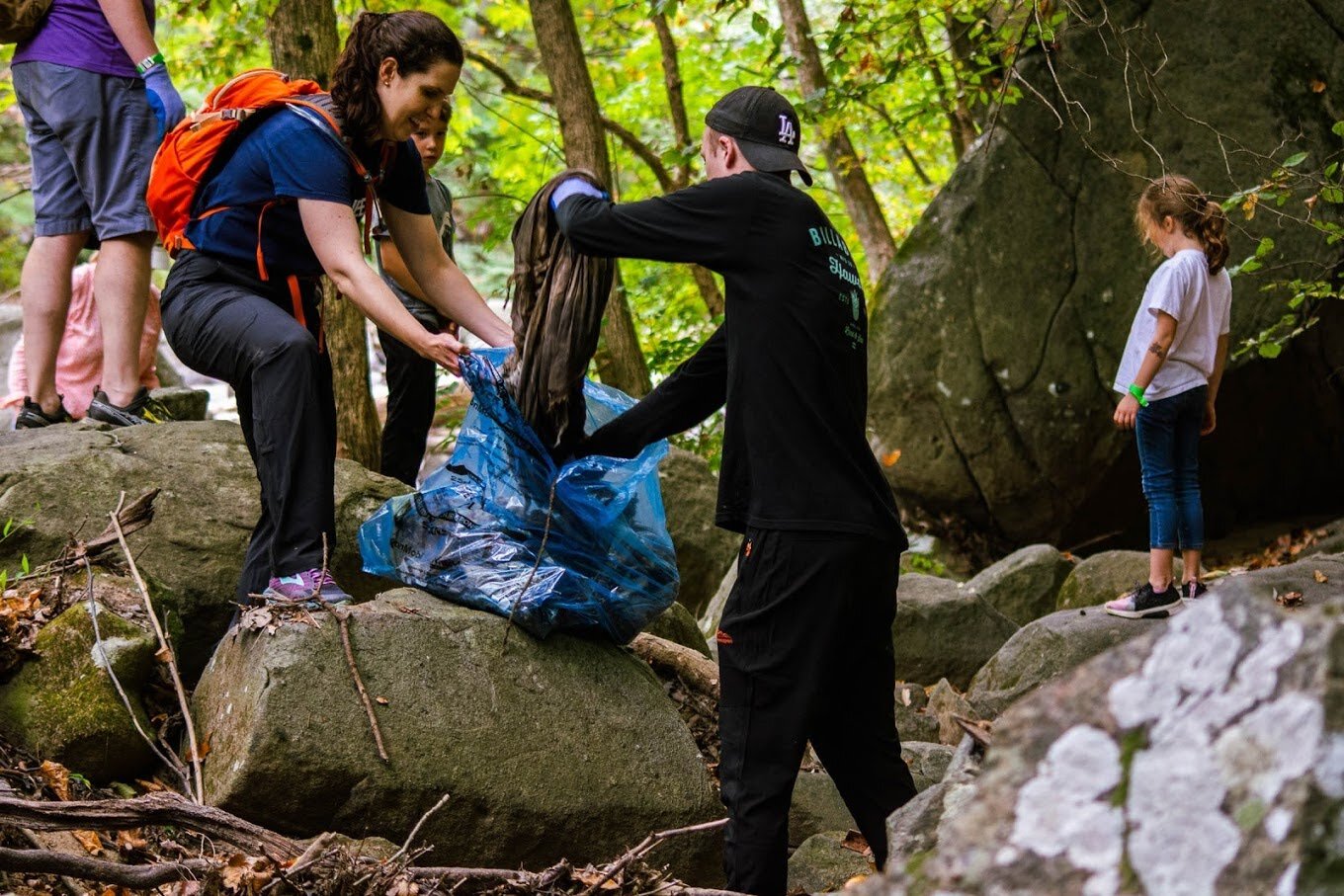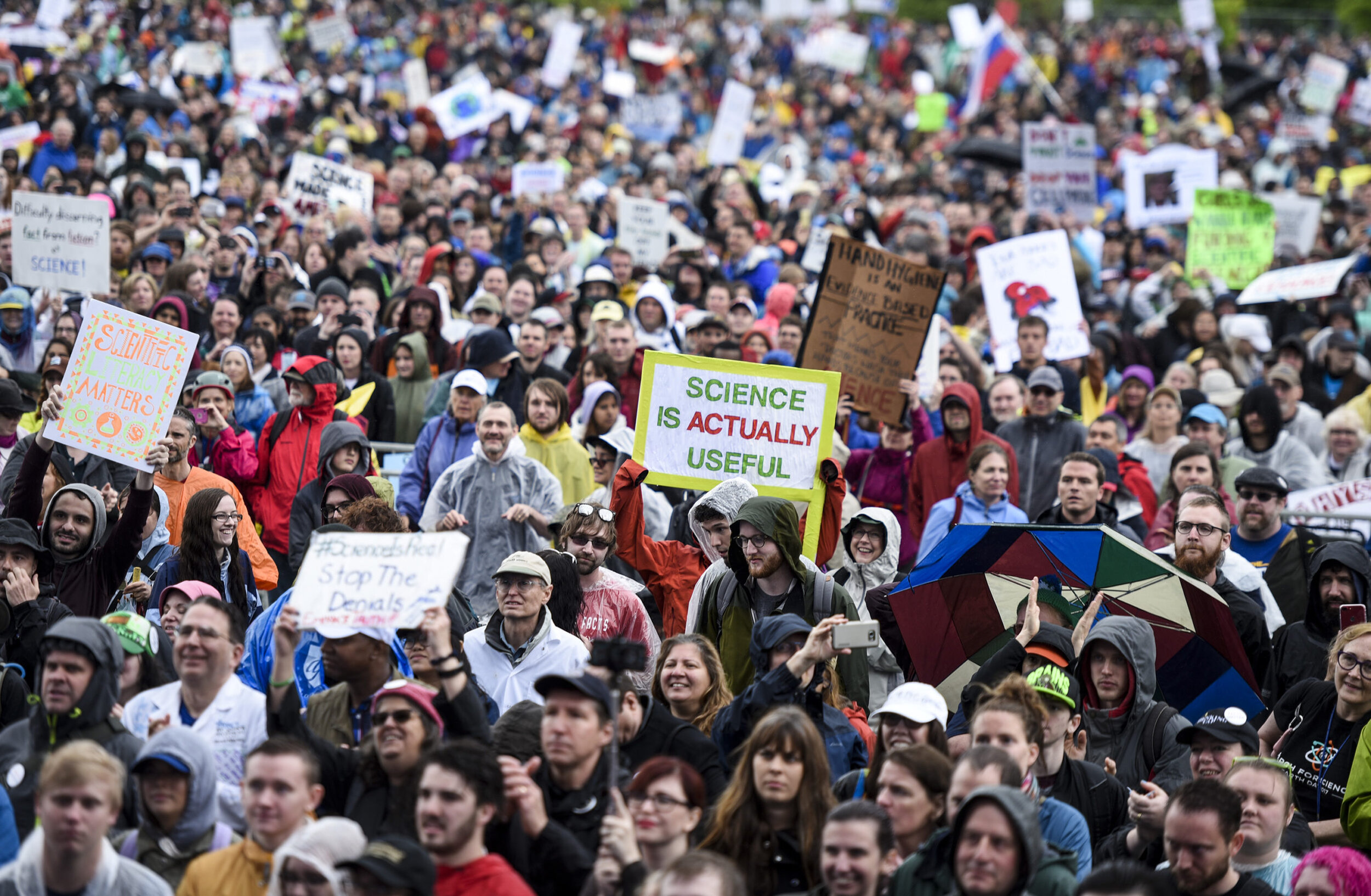How can we reimagine a world without plastic? How can we push governments and companies to admit what they know about the health impacts of plastics and change public policy?
Kathleen Rogers is the President of EARTHDAY.ORG. Under her leadership, it has grown into a global year-round policy and activist organization with an international staff. She has been at the vanguard of developing campaigns and programs focused on diversifying the environmental movement, highlighted by Campaign for Communities and Billion Acts of Green. Prior to her work at EARTHDAY.ORG, Kathleen held senior positions with the National Audubon Society, the Environmental Law Institute, and two U.S. Olympic Organizing Committees. She’s a graduate of the University of California at Davis School of Law, where she served as editor-in-chief of the law review and clerked in the United States District Court for the District of Columbia.
KATHLEEN ROGERS
The world recognizes that plastics have imperiled our future. Many environmentalists, myself included, view plastics as on par with, if not worse than, climate change because we do see a little light at the end of the tunnel on climate change. Babies vs. Plastics is a collection of studies, and we particularly focused on children and babies because their bodies and brains are more impacted than adults by the 30, 000 chemicals that assault us every day.
We have histories littered with dozens of stories and court cases of malfeasance where companies knew for years before we, the public, did about the impacts. Climate change is a perfect example because we know Exxon scientists knew in 1957 that burning fossil fuels was creating climate change and that eventually, the temperature of the planet would heat up, and they hid it from us for 50-plus years. And more and more reports are coming out every day about what companies and some governments know. Tobacco companies knew tobacco caused cancer for decades before our scientists did. And so we have the same problem with plastics.
The History of Earth Day
The history of Earth Day is pretty remarkable. The net result is 20 million people came out on the streets. It remains the largest civic day of action in human history. There’s no other country, no other world that ever had 20 million people coming out on the streets around a single issue. That was on April 22, 1970, and right after that, it became apparent with that many people that Congress and State legislators had to do something about it because, frankly, they were afraid of that many people all speaking in one voice.
The philosophy of Earth Day is very much about building a big movement, making sure it’s diverse, constantly improving the ways that people access information, and have access to mechanisms for legal relief.
Over the course of the next couple of decades it became year-round, it went international. This organization now works 365 days a year. At this point, we’re in 192 countries with about a billion people participating, so we take advantage of that bully pulpit to really educate people about critical issues.




